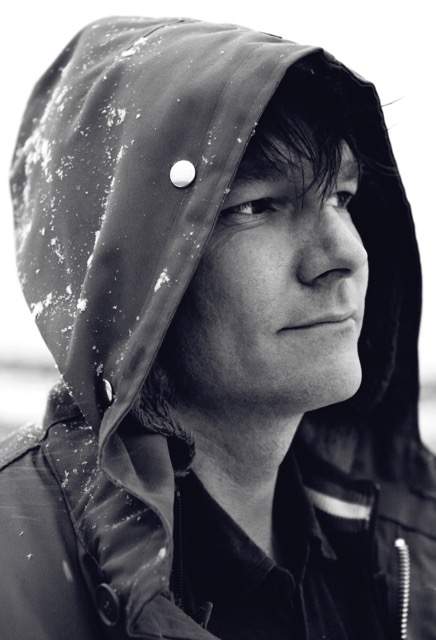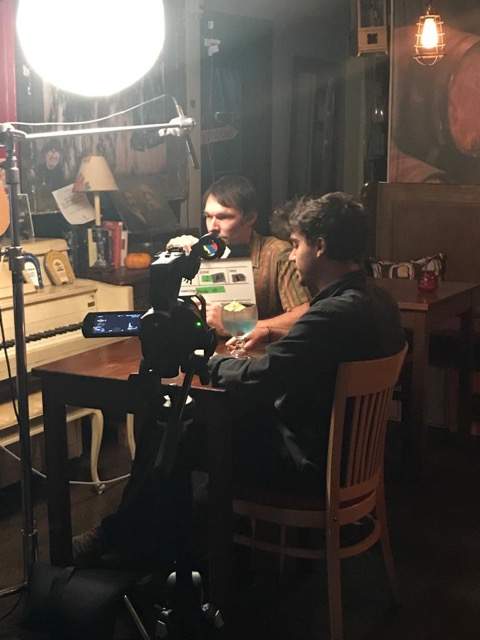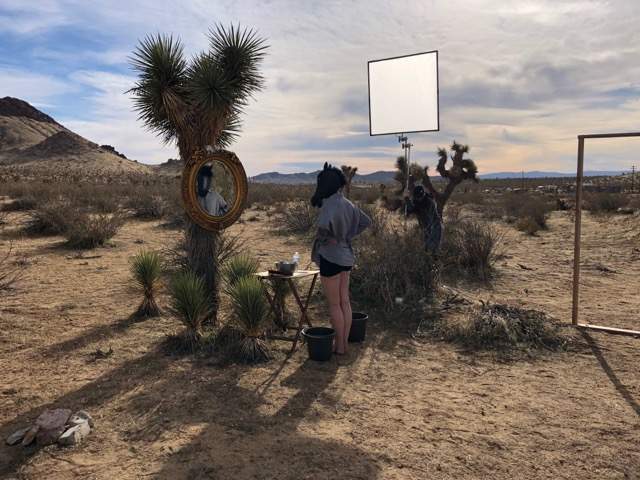
Production Designer Fabio Del Percio understands the impact of surroundings on our emotional and mental state. Between being born and raised in Italy and then spending nearly a decade in Iceland working in the film and television industry there, Fabio has spent his entire life in the kind of picturesque surroundings that many of us will only witness through films such as his.
Honing his ability to convey an emotional tone through the settings which directors, actors, and other collaborators use has led to Del Percio’s international work on a number of films, all of which display the powerful impact a PD can contribute. Fabio communicates that it is the eclectic nature of film and the endless possibilities which it offers his creative mind which has attracted him to this career.
He notes, “After working in this industry for years, what I find most exciting is the process of taking an idea to a literal design and then creating in the material world. It’s fascinating when it all comes together. There’s something magical about film that I cannot find in the other arts.”

Fabio’s work on Game of Thrones (winner of an astounding fifty-nine Primetime Emmys, BAFTA awards, SAG awards, and countless others) was grand as befits one of the planet’s most internationally popular and critically praised television series. In contrast, many of the films upon which he serves as Production Designer utilize a more subtle approach to establishing the environment in which the action takes place.
Dragons and swords are all well but not particularly relatable in the modern world. For M.P. Murdock’s Rorrim (the clue is in the title) about a woman whose life exists within an apartment, Fabio discerned the isolation of the main character from the script and manifested a living space which correlates to her internal emptiness. Rorrim was recognized with nearly a dozen awards from such prestigious events as the Five Continents International Film Festival, the European Cinematography Awards, and others. Del Percio communicates that the protagonist emotional state/state of mind is the starting point for his work.
He informs, “I search for clues in the script. I want to find a way that the audience can feel what the protagonist feels. A film like Rorrim was all about the use of space and how a small space can also seem huge. The main character was exploring without ever completely getting her bearings. Setting up this space was key to helping the audience understand what she was experiencing.” He continues, “Spirit [winner of Best Drama at the Halicarnassus Film Festival] was a completely opposite situation from Rorrim. In the script, the protagonist lives in a fully furnished house without any walls.”
Though the settings of these films are disparate, the choices Fabio made for each manifest the state of disorientation that the main characters experience and transfers this to the viewer with great effectiveness.
Fabio’s most recent film Bus Stop is currently in production. The common element it shares with the aforementioned films, other than Del Percio’s production design, is that all feature female protagonists. The film industry is clearly paying attention to the demand for stories driven by female characters; it’s a sentiment that Fabio wholeheartedly agrees with. Bus Stop is a full length experimental film which is a social statement about the plight of women in modern society.
In the film, the performer Anna Giudice appears as a woman and housewife contemplating her life and relationships. Not surprisingly, Del Percio is simultaneously involved in preproduction on the feature film Astralis set in a future where human existence is threatened by technology. Juggling such drastically different tones might seem overwhelming but Fabio feels at ease with losing himself in the world’s he creates.
He communicates, “I’m committed to following my instincts in life as an adult. When I was young, I was afraid of making decisions and even the thought of moving to other countries to pursue my dreams. Yet, there was something within that I ignored that was pushing me. It was my voice of freedom. I can know recognize it and trust it in my work life and personal life. Since I’ve been listening to it, I’ve discovered my freedom.”

Writer: Arlen Gann